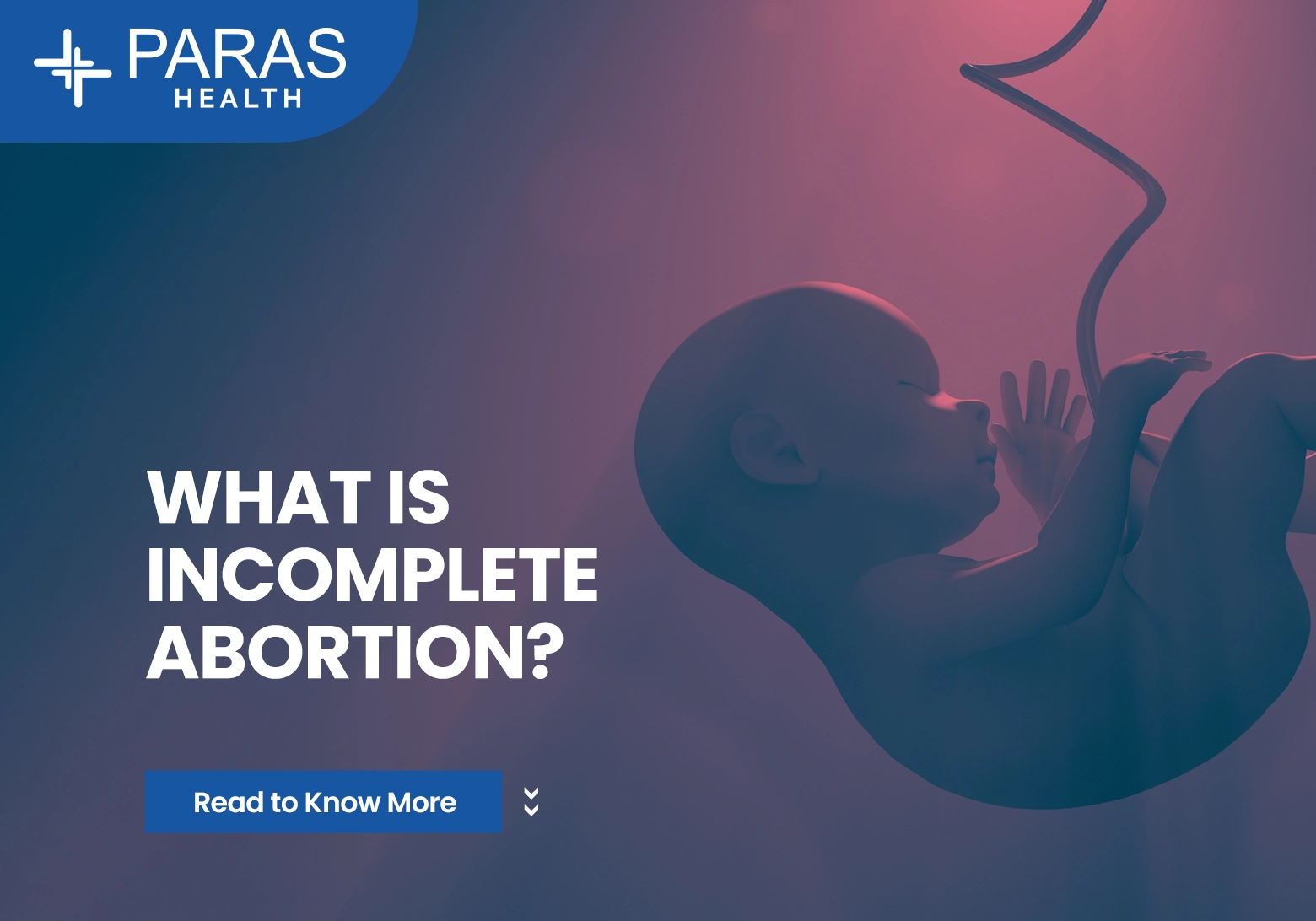Early Signs of Pregnancy: What Every Woman Should Know
Sep 18, 2025
Becoming pregnant is one of the most important moments in a woman’s life. But before you even take a test, your body may start giving small hints. These early signs of pregnancy can appear in the very first few weeks, sometimes even before you miss a period. Knowing these changes helps you prepare, reduce anxiety, and seek medical advice at the right time.
In this blog, we’ll cover the first signs of pregnancy, how to differentiate them from PMS, and what doctors and leading health organizations say.
Becoming pregnant is one of the most important moments in a woman’s life. But before you even take a test, your body may start giving small hints. These early signs of pregnancy can appear in the very first few weeks, sometimes even before you miss a period. Knowing these changes helps you prepare, reduce anxiety, and seek medical advice at the right time.
In this blog, we’ll cover the first signs of pregnancy, how to differentiate them from PMS, and what doctors and leading health organizations say.
Common Early Signs of Pregnancy
Here are some of the most initial symptoms of pregnancy many women notice:
Missed Period
-
The most obvious and first sign of pregnancy is a missed menstrual cycle.
-
If your periods are usually regular and you’ve missed one, it’s time to consider taking a test.
Morning Sickness & Nausea
-
Around 70–80% of pregnant women experience nausea or vomiting, often called “morning sickness.”
-
It can start as early as two weeks after conception, though it usually peaks around week 6.
Tender or Swollen Breasts
-
Hormonal changes make breasts feel sore, fuller, or heavier.
-
Nipples may darken in color during the first month.
Fatigue & Tiredness
-
Feeling unusually exhausted is very common in early pregnancy.
-
Progesterone hormone levels increase, making you feel sleepy.
Spotting & Light Cramping
-
Known as implantation bleeding, light spotting may occur when the fertilized egg attaches to the uterine lining.
-
This usually happens 6–12 days after conception.
Frequent Urination
-
Increased blood flow to the kidneys means you may need to visit the bathroom more often, even before your period is due.
Food Cravings & Aversions
-
Suddenly craving sour foods or disliking your favorite coffee? These are also early pregnancy signs.
Mood Swings & Emotional Changes
-
Hormones can trigger irritability, anxiety, or even sudden bursts of joy.
Headaches & Bloating
-
Fluctuating hormones may cause mild headaches.
-
Gas and bloating are also frequent first-week pregnancy symptoms.
Pregnancy Symptoms Before Missed Period
Some women notice changes even before their expected period date:
-
Breast tenderness
-
Fatigue
-
Light spotting
-
Cramping
-
Heightened sense of smell
However, these can be confused with PMS symptoms. If in doubt, always confirm with a pregnancy test.
How Soon Can Pregnancy Symptoms Start?
-
Symptoms may appear as early as 5–7 days after ovulation, but usually become more noticeable 2–3 weeks after conception.
-
According to American College of Obstetricians and Gynecologists (ACOG), a home urine pregnancy test is accurate from the first day of your missed period.
Difference Between PMS and Pregnancy Symptoms
| PMS |
Cause |
|
Breast soreness goes away when period starts |
Breast changes continue, nipples may darken |
|
Cramps end with menstruation |
Cramps + spotting may happen, but period doesn’t start |
|
Mood swings temporary |
Mood changes more frequent and intense |
|
No nausea usually |
Nausea common, especially in morning |
When to Take a Pregnancy Test
-
The best time: after you miss your period.
-
Some sensitive tests may detect pregnancy even 5 days before a missed period, but accuracy is lower.
-
If positive, consult a doctor for a blood test or ultrasound.
Key Facts from Trusted Sources
- WHO: Almost 295,000 women die each year from preventable pregnancy-related causes. Early detection and care reduce risks.
-
Mayo Clinic: Nausea in early pregnancy affects up to 80% of women, and while uncomfortable, it’s usually not harmful.
-
ACOG: Recommends taking prenatal vitamins (with folic acid) as soon as pregnancy is confirmed to prevent birth defects.
Conclusion
Recognizing the early symptoms of pregnancy helps you take charge of your health. While a missed period and nausea are the most common signs, every woman’s body is different. Always confirm with a test and consult a gynecologist for further guidance.
Staying informed with advice from trusted organizations like WHO, Mayo Clinic, and ACOG ensures you make safe choices for yourself and your baby.
FAQ's
What are the first signs of pregnancy before a missed period?
Breast soreness, spotting, cramps, and fatigue can be early indicators.
How do I know I am pregnant in the first week?
You may notice tender breasts, bloating, or mood swings, but only a test confirms.
Can you feel pregnancy symptoms after 5 days?
Some women report cramping or spotting, but it’s rare. Most symptoms start after 2 weeks.
Is bloating an early sign of pregnancy?
Yes, hormonal changes can cause bloating even in the first month.
Are headaches common in early pregnancy?
Yes, they can be due to increased hormones and blood circulation.
How soon can a pregnancy test show results?
From the first day of a missed period; some tests work a few days earlier.
What’s the difference between PMS and pregnancy symptoms?
PMS symptoms end with menstruation, pregnancy symptoms continue and intensify.
Can frequent urination be an early pregnancy symptom?
Yes, increased blood flow to kidneys causes more bathroom trips.
Are food cravings a sign of pregnancy?
Yes, cravings and aversions are common early on.
When should I consult a doctor for pregnancy confirmation?
As soon as you get a positive test or if you suspect pregnancy but tests are unclear.



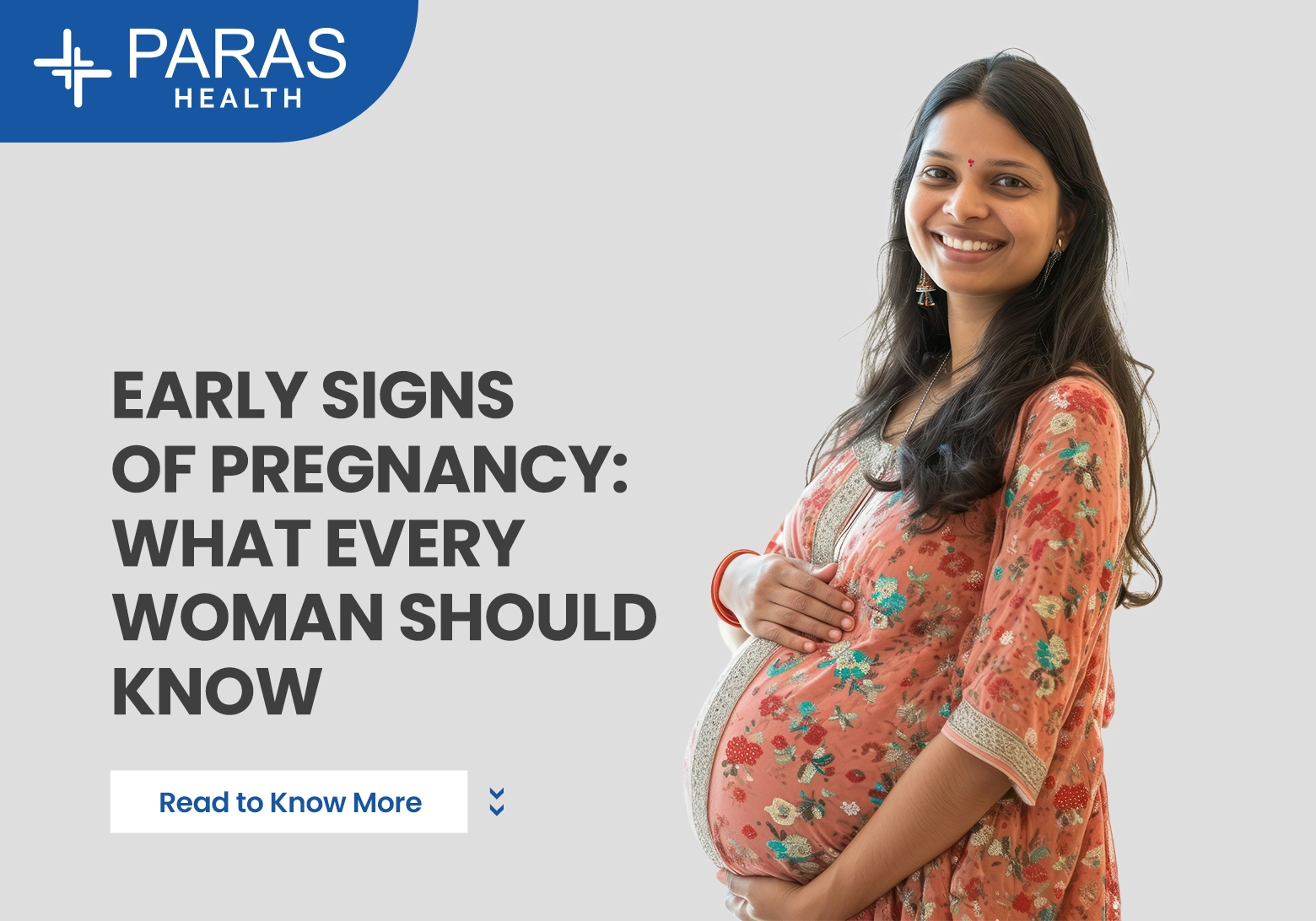
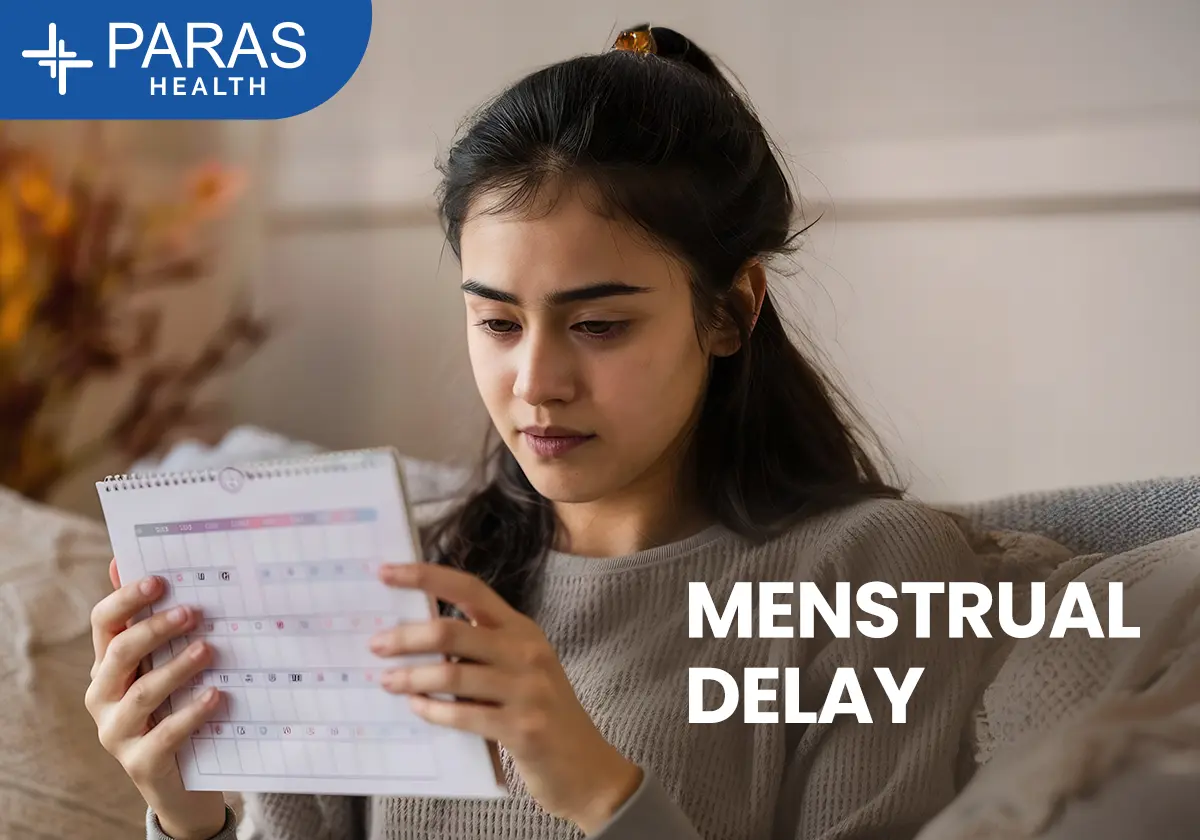
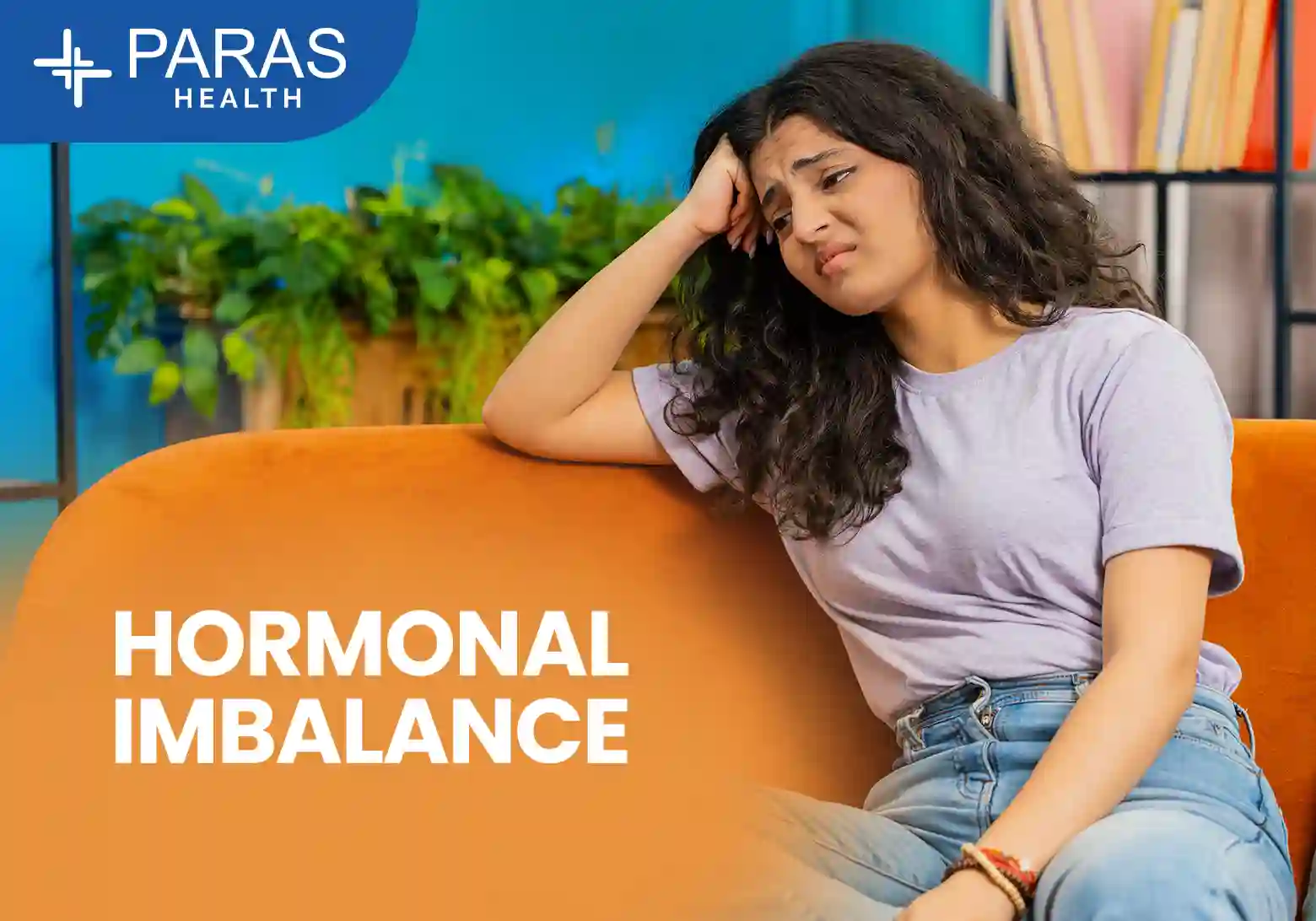
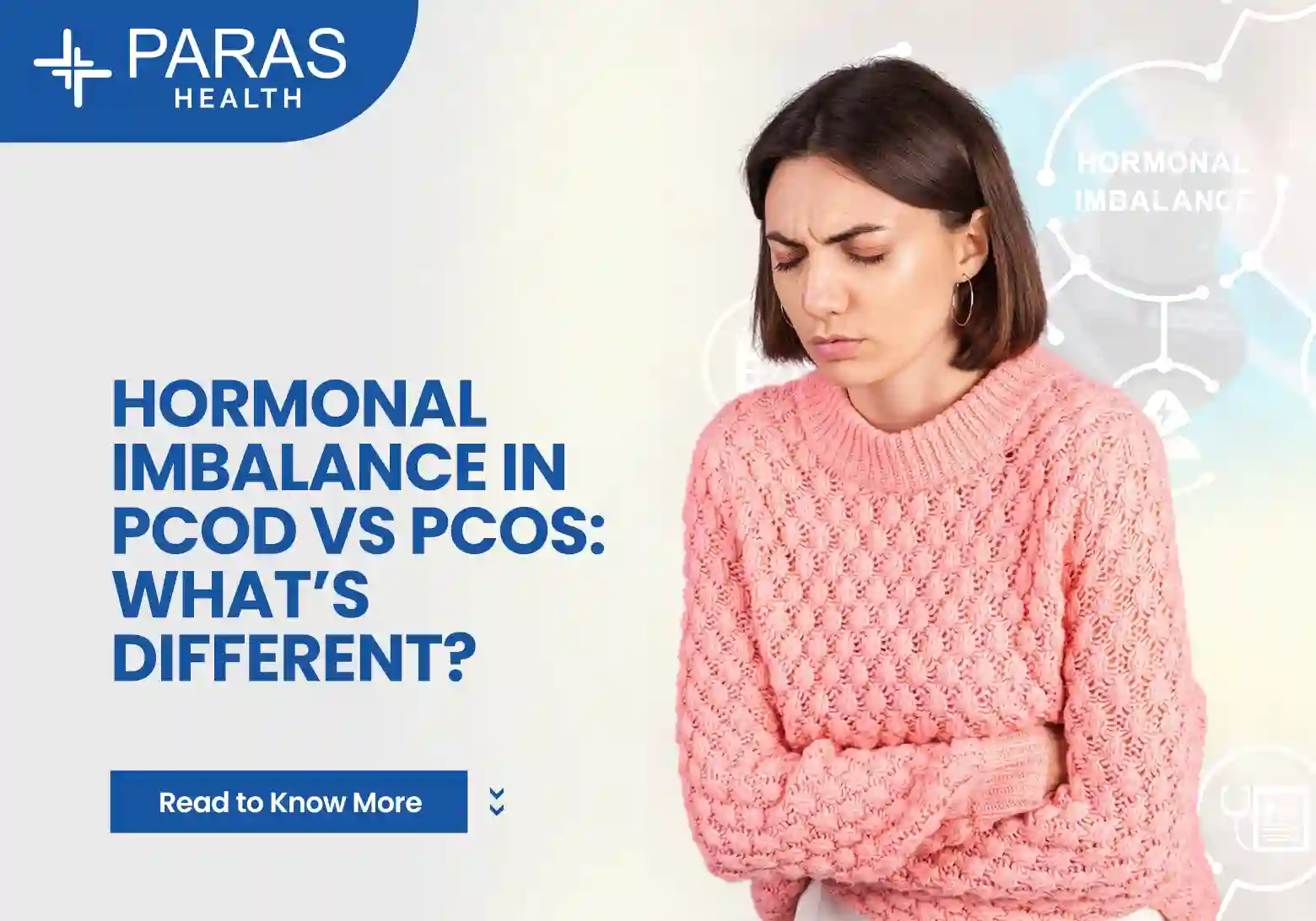
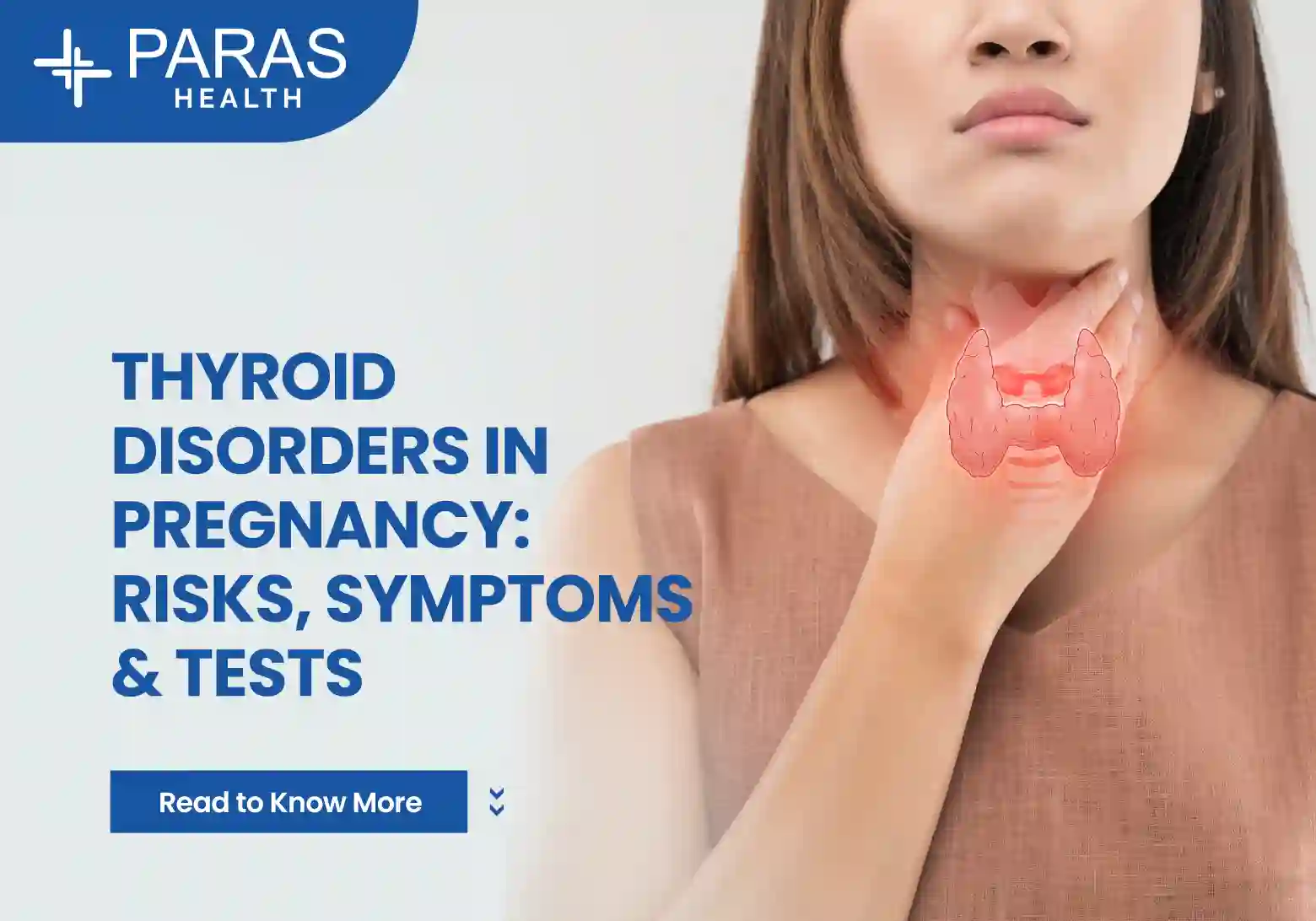
.webp)
